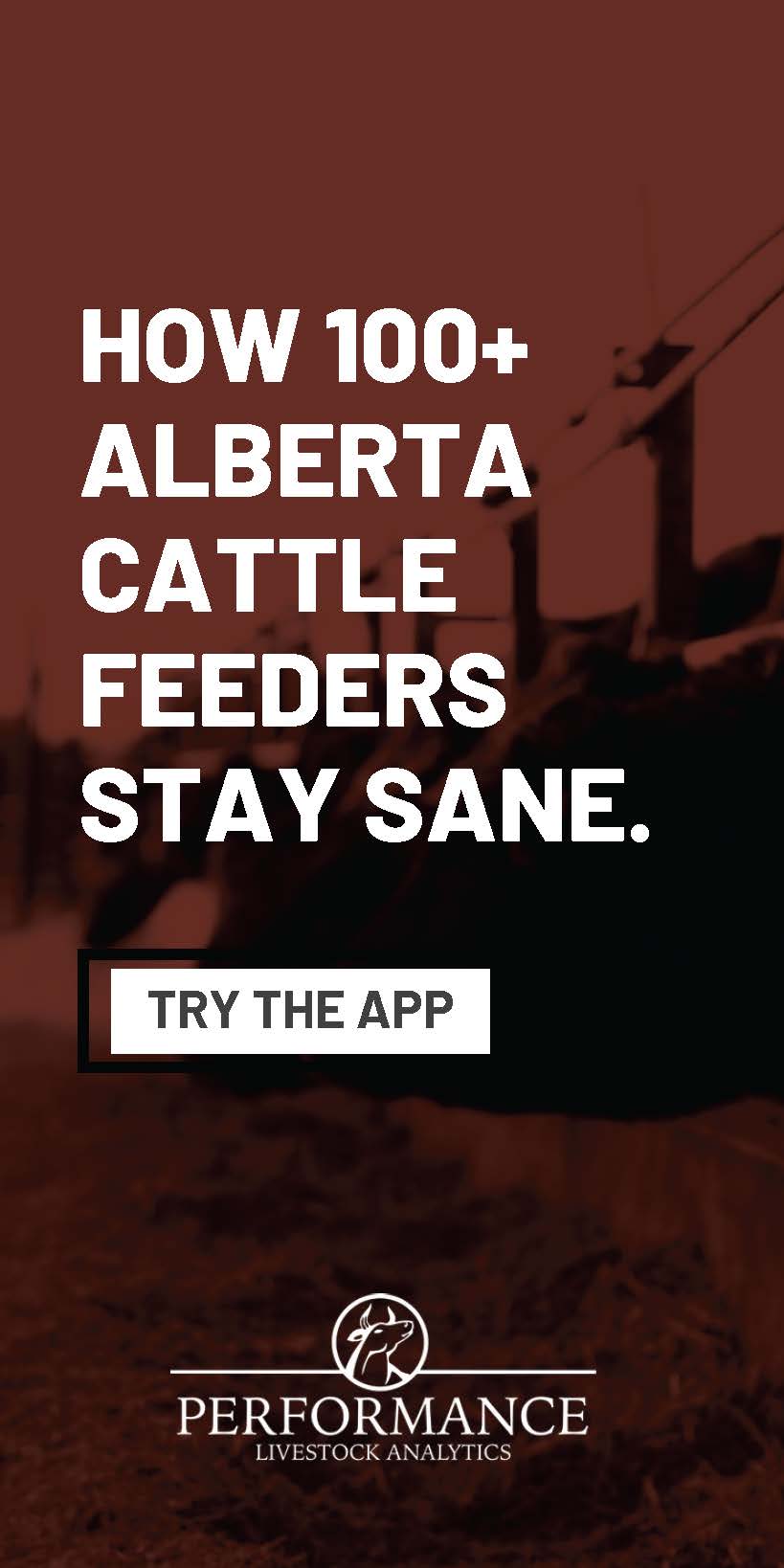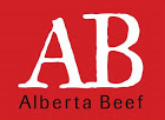My research for the article I wrote last month on the labour situation was a real eye-opener for me. In fact, I think that in an indirect way, it’s the biggest threat to the meat and livestock industry in western Canada. And it’s another very clear sign the federal government has absolutely no regard for the future of the rural West.
I know that it’s not popular to stick your neck out for the packers, and in Alberta I know it’s not popular to critique the Harper regime, but I’m not in this to be popular. It blows my mind that in an era where we’re all finally making some money, I’m literally becoming more and more anxious by the day about the possibility that we’ll lose a packer. Lose a packer – think about what that would mean. Really think about it. It would be tragic and yet, I don’t think most of the industry has any idea how close we might be coming to it.
We have done absolutely everything we can do to harmonize every aspect of our industry with that in the U.S., so that we can fully utilize the advantages of open North-South trade, and when the U.S. implemented mCOOL, we screamed bloody murder. And all the while, our own government allowed an already unlevel playing field to become much worse.
American packers have some very distinct advantages over Canadian packers. In the U.S., the taxpayers foot the bill for food inspection. In Canada, our processors are on the hook for it. In 2007, the CFIA announced the enhanced feed ban, which resulted in stringent SRM removal requirements that hit the packers the hardest. There was no compensation, mitigation or even acknowledgement of the hardships this caused.
Thus, American and Canadian processors wake up each day and put their pants on in the same way, all to accomplish the same goal in an integrated market… but we start each day with a deficit that the Americans never will.
Despite that, our packers have held on. Yes, you can bet that over time, they’ve shown a profit, or they wouldn’t still be here. But that profit doesn’t come easy, and it doesn’t come cheap – and when you’re playing the economies of scale game, it doesn’t take a lot to carve an untenable cut into a very thin margin.
When the Conservative government made changes to the Temporary Foreign Worker program, they effectively cut access to workers for an entire sector that was already struggling to find workers. Sure, plants can still recruit foreign workers, but they can only stay half the time they could before, which doesn’t give them enough time to access permanent residency through the Provincial Nominee Program. And with a new application fee of $1,000 per worker, a rejected application for 50 workers means a $50,000 loss with the stroke of a government pen.
Again, compare Canada’s situation to that in the U.S., where even adjusted for the currency difference, American workers are paid less. And why? The very porous southern U.S. border depresses the average American wage – and provides a non-stop stream of potential workers. This inherent disadvantage will never go away – but our own government has introduced flawed policy that makes the situation much, much worse.
The tight inventory of cattle across North America has created a challenge for all packers. They need animals no matter how high prices seem to get because they need to operate at capacity or they start losing money very quickly. COOL has without a doubt kept more cattle in the country by keeping the basis unnaturally high. Years from now, when we look back at this era in the cattle business, we may see that COOL was in some ways, a blessing in disguise from 2010 until at least 2015.
But right now, the shortage of workers is so acute that Canadian processors are unable to keep certain stations staffed. Those stations, in many cases, are where some of the thicker profits are cut out. Packers are having to skip value-added processing, and some offal processing for foreign markets because all of their workers are focused on getting just the basics done.
If the mCOOL trade barrier is removed and our cattle can start flowing South again, what happens then? How long can we expect our packers to keep bleeding before they finally stop kicking? JBS has plants around the world – they have but one plant in Canada and arguably, the hardest one to keep staffed. Cargill has two plants in Canada, and Guelph is much smaller than High River.
If one goes down, we’ll lose much more than just a plant. We’ll lose transportation, we’ll eventually lose feedlot capacity, and we’ll lose all the other spin-off that goes along with having a big plant. Much of that spin-off flows right through our rural communities and our small towns and the schools and hospitals we continually fight to retain.
If we lose a plant while still living in a mCOOL climate, we’ll crash hard and fast. If mCOOL is rescinded and then we lose a plant, maybe the cow-calf sector and the southern belt of our feeding sector won’t suffer too badly at first. But eventually inventory will rise, and prices will drop. Before that happens, we may lose a couple more plants in the U.S. – and if we do, we have to hope we don’t lose them in any of the northern states.
What happens if there’s another health threat like BSE? What if the U.S. imposes some new trade barrier? How is it even possible that in only 11 years since BSE, we are seriously concerned with losing slaughter capacity – as a direct result of government policy?
Like it or not, our plants are at risk right now, and I believe we are closer to losing significant capacity than the majority of the industry realizes. Sure, it can be a lot of fun to lambast the packers – I remember the overfat penalties and OTM prices when the rest of the business was drowning. But this isn’t just about the packers. This is about all of us.
Australia has a foreign worker program specifically for the livestock industry because they’ve experienced the same challenges we have. The government could easily respond with a similar tactic without outraging the public. I just don’t see a slaughter house-specific solution a political vulnerability, but clearly the Harper regime does. It’s time we use our influence to show the government that NOT addressing this crisis leaves them much more vulnerable. Use it – or lose it… just don’t wait until it’s too late.




